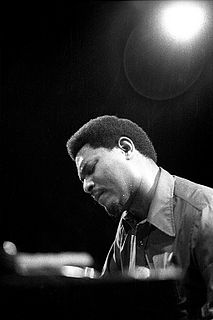A Quote by Philip Kitcher
Even though I want to expand the number of ways in which skilful ironic play happens, I suspect I'm probably guilty of the same shortcoming - and I hope that, one of these days, someone will claim that my book, while it goes in a salutary expansive direction, doesn't go far enough, that there are assumptions I make that show I've missed aspects of Mann's irony and ambiguity.
Related Quotes
Read Mann's notes, which contain precise accounts of cholera and its symptoms, and observe how careful he is throughout his fiction in getting medical details straight - then you might begin to wonder whether cholera is the only candidate for the cause of Aschenbach's death. What results from this, I think, is a deeper appreciation of Mann's brilliance in keeping so many possibilities in play. The ambiguity is even more artful than people have realized.
Irony is the disparity between what you expect will happen, and what does happen. So raining on your wedding day isn't ironic, it's just crappy. It would have been ironic if she had lived in a place like Seattle, and traveled to the desert of Mexico for a wedding and it ended up raining there, but not in Seattle. Alanis always gets the last laugh though. We all sit here, saying her song isn't ironic, but in fact, that's pretty ironic that she wrote a song called Ironic that wasn't really ironic. Those Canadians are pretty crafty.
Will you keep going when you don't know why? When you can't get any answers that would make the pain go away, will you still say, 'My Lord,' even though his ways are not clear to you? Will you keep going-with all the grace and grit and faith you can muster-and live in hope that one day God will set everything right. Will you trust that God is good? ... Ultimately, the choice everyone faces is the choice between hope and despair. Jesus says, 'Choose hope.'
Reading is merely a surrogate for thinking for yourself; it means letting someone else direct your thoughts. Many books, moreover, serve merely to show how many ways there are of being wrong, and how far astray you yourself would go if you followed their guidance. You should read only when your own thoughts dry up, which will of course happen frequently enough even to the best heads; but to banish your own thoughts so as to take up a book is a sin against the holy ghost; it is like deserting untrammeled nature to look at a herbarium or engravings of landscapes.
The culture of irony is the culture of postmodernism, which I would furiously want to denounce. We have to act ethically and politically. Irony is a defensive position, against reality. It always knows what to think about reality. The idea of commitment and engagement is central to me, which is not ironic.
There is no one kind of thing that we 'perceive' but many different kinds, the number being reducible if at all by scientific investigation and not by philosophy: pens are in many ways though not in all ways unlike rainbows, which are in many ways though not in all ways unlike after-images, which in turn are in many ways but not in all ways unlike pictures on the cinema-screen--and so on.































